Home>diy>Building & Construction>Who Sets Closing Date On New Construction


Building & Construction
Who Sets Closing Date On New Construction
Modified: January 9, 2024
Learn who sets the closing date on new construction projects, and understand the role of builders and buyers in determining the timeline. Expert insights on building construction.
(Many of the links in this article redirect to a specific reviewed product. Your purchase of these products through affiliate links helps to generate commission for Storables.com, at no extra cost. Learn more)
Introduction
Closing dates play a crucial role in the process of purchasing a new construction property. The closing date represents the day when the buyer takes possession of the property and becomes the legal owner. It signifies the completion of the construction process and the fulfillment of all financial obligations.
Understanding the importance of closing dates is essential for both buyers and builders. For buyers, it ensures a smooth transition into their new home and allows them to plan their move accordingly. For builders, it helps them manage their construction timelines and financial commitments.
In this article, we will explore the significance of closing dates in new construction and delve into the factors that influence their determination. We will also discuss the role of builders in setting closing dates and provide valuable tips for buyers on negotiating and navigating the closing date process.
So, whether you’re a prospective buyer, a builder, or simply interested in the intricacies of the new construction process, read on to discover everything you need to know about closing dates in new construction.
Key Takeaways:
- Closing dates in new construction are crucial for ensuring a smooth transition for buyers and managing financial commitments for builders. Understanding the factors that influence closing dates is essential for a successful home purchase.
- Open communication, early planning, and flexibility are key for buyers when negotiating closing dates with builders. Understanding legal considerations and seeking professional advice can help set an appropriate closing date for a seamless transition into a new construction property.
Importance of Closing Dates in New Construction
Closing dates hold significant importance in the realm of new construction projects. They serve as a critical milestone that signals the completion of the construction process and the beginning of the buyer’s ownership. Here are a few key reasons why closing dates are crucial in new construction:
- Smooth Transition: Closing dates provide clarity and predictability to both buyers and builders. For the buyer, it ensures a seamless transition from their current residence to their new home. It allows them to plan their move, schedule utility transfers, and notify relevant parties about the change of address.
- Financial Commitments: Closing dates are closely tied to financial commitments in new construction. Builders rely on timely closings to meet their financial obligations, including loan repayments, supplier payments, and labor costs. Delays in closing dates can disrupt the cash flow of builders, leading to complications in the construction process.
- Contractual Obligations: The closing date is an integral part of the purchase agreement between the buyer and the builder. It establishes a legally binding deadline for the completion of the construction and the transfer of ownership. Both parties have contractual obligations to fulfill on or before the closing date, ensuring a fair and equitable transaction.
- Construction Schedule: Closing dates play a crucial role in the construction schedule of a new build. Builders make meticulous plans and coordinate various subcontractors and suppliers to meet the deadline. Timely closings allow builders to maintain their project timelines and avoid costly delays.
Overall, closing dates are essential for ensuring a smooth transition for buyers, fulfilling financial commitments for builders, adhering to contractual obligations, and maintaining construction schedules.
Builders’ Role in Setting Closing Dates
Builders play a significant role in setting closing dates for new construction properties. They are responsible for establishing realistic and feasible timelines that align with the progress of the construction project. Here are some key aspects of a builder’s role in setting closing dates:
- Construction Progress: Builders consider the construction progress when setting closing dates. They evaluate the completion status of various components, such as foundation, framing, electrical, plumbing, and finishing work. Builders aim to set closing dates that align with project milestones and ensure that the property is safe, functional, and ready for occupancy.
- Weather Conditions: Weather conditions can impact the construction timeline. Inclement weather, such as heavy rain, snowstorms, or extreme heat, can hinder progress and cause delays. Builders take into account regional weather patterns and allow for potential weather-related setbacks when setting closing dates.
- Supply Chain Management: Builders rely on a complex supply chain of materials and subcontractors to complete a construction project. Delays in material deliveries or availability of skilled labor can impact the timeline. Builders factor in potential supply chain disruptions when determining closing dates.
- Building Permits and Inspections: Builders must adhere to local building codes and regulations. This includes obtaining necessary permits and passing inspections at various stages of the construction process. Builders consider the time required for permit approvals and inspections when setting closing dates.
- Communication with Buyers: Builders communicate with buyers throughout the construction process, including updates on construction progress and potential delays. Open and transparent communication helps builders and buyers align their expectations regarding closing dates and ensure a collaborative approach towards meeting agreed-upon timelines.
It’s important to note that while builders strive to set accurate closing dates, unforeseen circumstances can arise, leading to delays. In such cases, builders should communicate promptly with buyers, provide revised timelines, and work towards minimizing any inconveniences caused.
Overall, builders play a vital role in setting closing dates by considering various factors such as construction progress, weather conditions, supply chain management, building permits and inspections, and maintaining open communication with buyers.
Factors Affecting Closing Dates in New Construction
Closing dates in new construction can be influenced by several factors that impact the timeline of the construction project. Understanding these factors can help both builders and buyers navigate the closing date process effectively. Here are some key factors that can affect closing dates in new construction:
- Scope and Size of the Project: The scope and size of the construction project can significantly impact the closing date. Larger projects with more intricate designs and complex systems may require more time for completion. Builders consider the scale of the project when determining a realistic closing date.
- Customization and Upgrades: If buyers choose to customize their new construction property or request additional upgrades, it can extend the construction timeline. Customization and upgrades often require additional planning, coordination, and implementation, which can impact the overall schedule of the project and subsequently affect the closing date.
- Availability of Materials: The availability of construction materials can influence the construction timeline and consequently impact the closing date. Shortages or delays in obtaining specific materials can cause delays in the progress of the project. Builders take into account the availability and timely delivery of materials when establishing a closing date.
- Weather and Seasonal Factors: External factors such as weather conditions and seasonal variations can affect the construction timeline. Extreme weather events, such as heavy rain, snowstorms, or intense heat, can hamper construction progress and lead to delays. Builders account for potential weather-related setbacks when setting closing dates.
- Permit Approvals and Inspections: Builders must obtain necessary building permits and pass various inspections to ensure compliance with local building codes and regulations. Delays in permit approvals or failed inspections can cause setbacks and impact the construction timeline. Builders consider the time required for permits and inspections when establishing the closing date.
- Labor and Workforce: The availability and efficiency of labor and subcontractors can influence the construction timeline. Shortages of skilled labor or delays in subcontractor scheduling can result in delays and impact the closing date. Builders consider the workforce availability and coordination when establishing a realistic timeline.
It’s important to note that while builders strive to minimize delays and set accurate closing dates, unforeseen circumstances can arise during the construction process. Open and transparent communication between builders and buyers is crucial to address any potential delays and work towards mutually agreed-upon solutions.
By considering these factors, builders can ensure a realistic closing date, while buyers can have a better understanding of the potential factors that may impact the timeline of their new construction home.
The closing date on new construction is typically set by the builder or developer. It’s important to have clear communication and understanding of the timeline to avoid any delays or misunderstandings.
Legal Considerations in Setting Closing Dates
Setting closing dates in new construction involves legal considerations to ensure compliance with relevant laws and regulations. Both builders and buyers must be aware of these considerations to avoid any legal complications. Here are some important legal factors to consider when determining closing dates:
- Purchase Agreement: The closing date is typically outlined in the purchase agreement between the buyer and the builder. This legally binding document specifies the terms and conditions of the purchase, including the agreed-upon closing date. Builders must ensure that the closing date specified in the purchase agreement aligns with their construction timeline and any applicable legal requirements.
- Building Permits and Approvals: Builders must obtain necessary building permits and regulatory approvals for the construction project. Compliance with local building codes and regulations is crucial to ensure the safety and legality of the property. Delays in obtaining permits or encountering issues during inspections can result in adjustments to the closing date. Builders should be diligent in adhering to permit requirements and addressing any compliance concerns promptly.
- Financing and Mortgage Approvals: Buyers often secure financing through mortgages to purchase new construction properties. Lenders require time to process the mortgage application, conduct appraisals, and complete other necessary steps. Builders should allow for a reasonable timeframe to account for the completion of the mortgage approval process and coordinate the closing date accordingly.
- Construction Completion: Builders must ensure that the construction is substantially complete before the closing date. Substantial completion means that the property is in a condition that allows for occupancy and meets all the agreed-upon specifications. Builders should conduct a thorough inspection of the property to verify its readiness before proceeding with the closing process.
- Prorated Expenses: Closing dates also consider prorated expenses, such as property taxes, homeowners association fees, and utility bills. Builders and buyers need to determine the apportionment of these expenses based on the closing date. Adhering to legal requirements and accurately calculating prorated expenses helps avoid any disputes or financial discrepancies.
- Extensions and Amendments: In some cases, unforeseen circumstances may require extensions or amendments to the closing date. Changes to the closing date should be documented through valid legal agreements. Builders and buyers must communicate and negotiate any necessary modifications to the closing date to ensure a legally sound and mutually agreeable solution.
Engaging the services of a real estate attorney or seeking legal advice can help both builders and buyers navigate these legal considerations and ensure a smooth and legally compliant closing process.
By being aware of these legal considerations and acting in accordance with applicable laws and regulations, builders and buyers can protect their interests and ensure a successful closing on their new construction property.
Read more: How To Close NCR In Construction
Negotiating Closing Dates with Builders
When it comes to new construction projects, negotiating the closing date with builders is an important aspect for buyers. While builders typically set initial closing dates based on their construction timeline, buyers may have their own specific requirements and constraints. Here are some valuable tips for negotiating closing dates with builders:
- Early Communication: It’s crucial to communicate your desired closing date early in the process. By expressing your preferences and requirements upfront, you give the builder ample time to consider and accommodate them in their construction schedule.
- Flexibility: Being flexible with the closing date can improve your chances of reaching an agreement with the builder. Consider discussing alternative dates that may work for both parties, taking into account the builder’s construction progress, their schedule, and any existing commitments.
- Understanding the Builder’s Perspective: Put yourself in the builder’s shoes and understand their constraints when it comes to closing dates. They may have multiple projects, financial commitments, and coordination challenges to manage. Acknowledging and respecting these factors can help foster a more constructive negotiation process.
- Realistic Expectations: It’s essential to have realistic expectations regarding the construction timeline and the potential flexibility of the builder. While builders strive to meet buyers’ needs, there may be limitations due to factors beyond their control. Stay informed about the progress of the construction project and be prepared for reasonable adjustments to the closing date.
- Contractual Agreement: Ensure that any negotiated changes to the closing date are documented in a written agreement or an amendment to the purchase contract. This agreement should specify the revised closing date, any conditions or contingencies, and the responsibilities of both parties. Having a clear and legally binding agreement protects the interests of both the builder and the buyer.
- Open Communication: Maintain open and transparent communication with the builder throughout the negotiation process. Clearly communicate your needs and concerns, and be receptive to the builder’s feedback and suggestions. A collaborative approach can lead to a mutually satisfactory resolution.
Remember, negotiating the closing date is a give-and-take process. It requires a good understanding of both parties’ requirements, effective communication, and a willingness to find a compromise that works for both the buyer and the builder.
By following these tips and engaging in constructive dialogue, you can increase the likelihood of reaching a mutually agreeable closing date with the builder for your new construction property.
Tips for Buyers on Setting Closing Dates
Setting the right closing date is an important consideration for buyers in new construction projects. It’s crucial to choose a date that aligns with your needs and allows for a smooth transition into your new home. Here are some helpful tips for buyers on setting closing dates:
- Plan Ahead: Start planning for the closing date well in advance. Consider factors such as your current lease agreement, the availability of movers, and any work or personal commitments. By planning ahead, you can ensure that the closing date aligns with your schedule and minimizes any disruptions.
- Assess Construction Progress: Stay in regular communication with the builder and monitor the progress of the construction project. Understand the estimated completion timeline and ensure that the closing date aligns with the builder’s expected completion. This will help avoid conflicts and delays.
- Consider Contingencies: Account for potential delays by building contingencies into your closing date plan. Unforeseen circumstances, such as weather delays or permit complications, can impact the construction timeline. By allowing for extra time, you can minimize the stress associated with potential delays.
- Consult with Professionals: Seek advice from professionals, such as real estate agents or attorneys, who specialize in new construction transactions. They can provide valuable insights and guidance on setting an appropriate closing date based on their experience and knowledge of local market conditions.
- Communicate with the Builder: Maintain open and clear communication with the builder throughout the process. Express your preferred closing date early on and discuss any factors that may influence your decision. This proactive approach helps the builder understand your needs and facilitates a smoother negotiation process.
- Be Flexible: Flexibility is key when negotiating the closing date with the builder. Consider alternative dates or options that may work for both parties. A willingness to compromise can help foster a positive relationship with the builder and increase the chances of reaching a mutually agreeable closing date.
- Document the Agreement: Once a closing date is agreed upon, ensure that it is documented in writing. This should be done through a formal agreement or an amendment to the purchase contract. Having a clear and legally binding record of the closing date protects both parties and helps prevent misunderstandings.
- Coordinate Financial Arrangements: Coordinate your financial arrangements to align with the closing date. This includes securing mortgage financing, arranging for funds, and ensuring that all necessary paperwork is in order. Timely completion of financial tasks can help facilitate a smooth closing process.
- Allow for a Transition Period: Consider allowing for a transition period between the closing date and your move-in date. This can give you time to make any necessary arrangements, such as changing utilities, scheduling professional cleaning, or completing any desired renovations or repairs.
By following these tips, you can set an appropriate closing date that meets your needs and helps facilitate a seamless transition into your new construction property. Remember to communicate effectively with the builder and other professionals involved to ensure a successful closing process.
Conclusion
Closing dates in new construction are a significant milestone that marks the completion of the construction process and the ownership transfer to the buyer. Understanding the importance of closing dates and the factors that influence them is essential for both buyers and builders.
Closing dates play a crucial role in ensuring a smooth transition for buyers and managing financial commitments for builders. They provide clarity, predictability, and a legally binding deadline for the completion of the construction project.
Builders have a vital role in setting closing dates by considering construction progress, weather conditions, supply chain management, and permit approvals. Open communication between builders and buyers is key to navigating potential delays and reaching mutually agreeable solutions. Legal considerations, such as purchase agreements, permits, and prorated expenses, must be taken into account when determining closing dates.
For buyers, negotiating closing dates involves early communication, flexibility, and understanding the builder’s perspective. Realistic expectations and clear communication can help reach a mutually satisfactory agreement. When setting closing dates, buyers should also plan ahead, seek professional advice, and coordinate financial arrangements accordingly.
In conclusion, closing dates in new construction are crucial for buyers and builders alike. By understanding the importance of closing dates, being aware of the factors that affect them, and engaging in effective communication and negotiation, buyers can set appropriate closing dates that align with their needs and ensure a successful transition into their new construction property.
Whether you are embarking on a new construction journey or interested in the dynamics of closing dates, this article has provided you with valuable insights to navigate the closing date process with confidence and achieve a seamless experience in your new construction home.
Frequently Asked Questions about Who Sets Closing Date On New Construction
Was this page helpful?
At Storables.com, we guarantee accurate and reliable information. Our content, validated by Expert Board Contributors, is crafted following stringent Editorial Policies. We're committed to providing you with well-researched, expert-backed insights for all your informational needs.

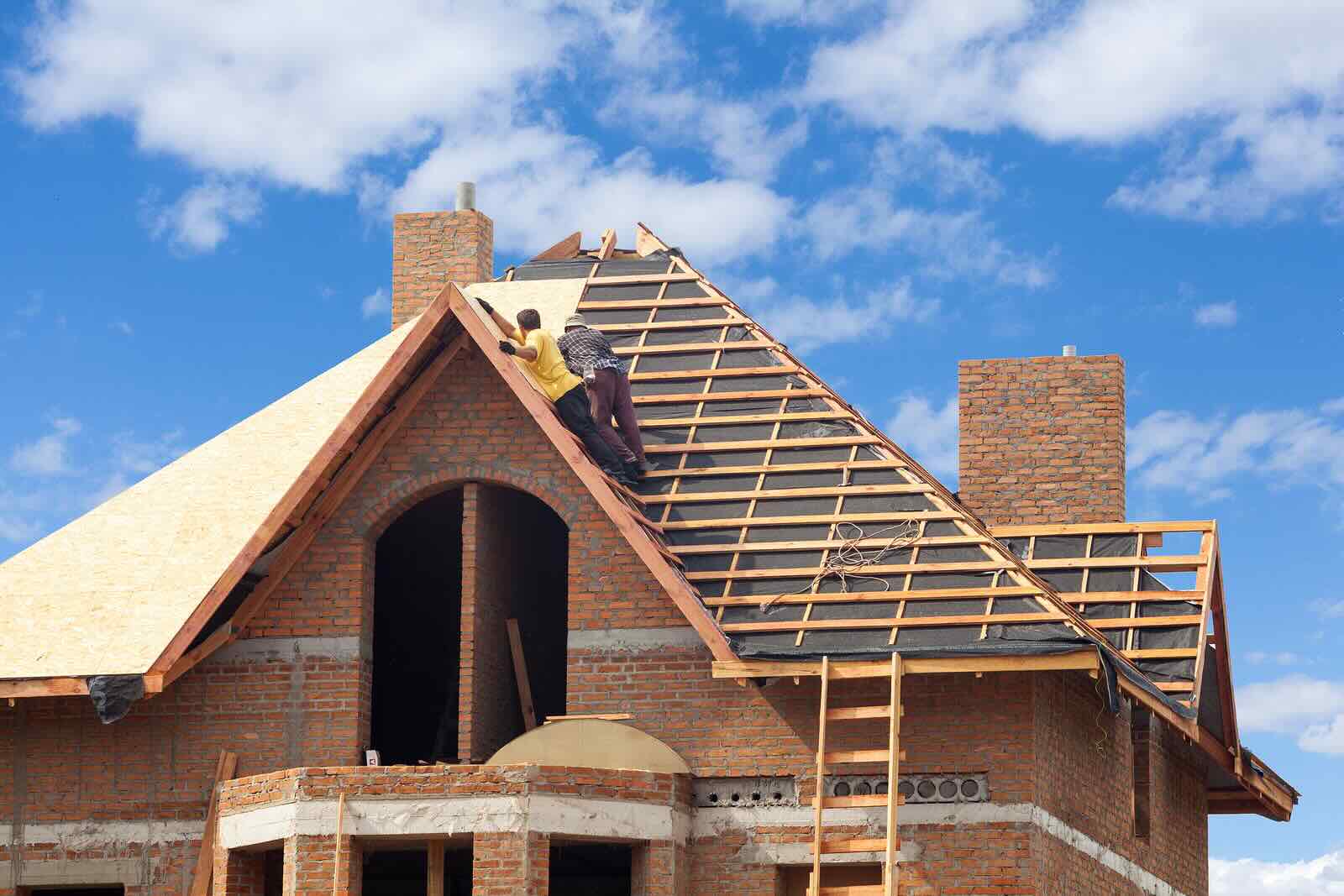
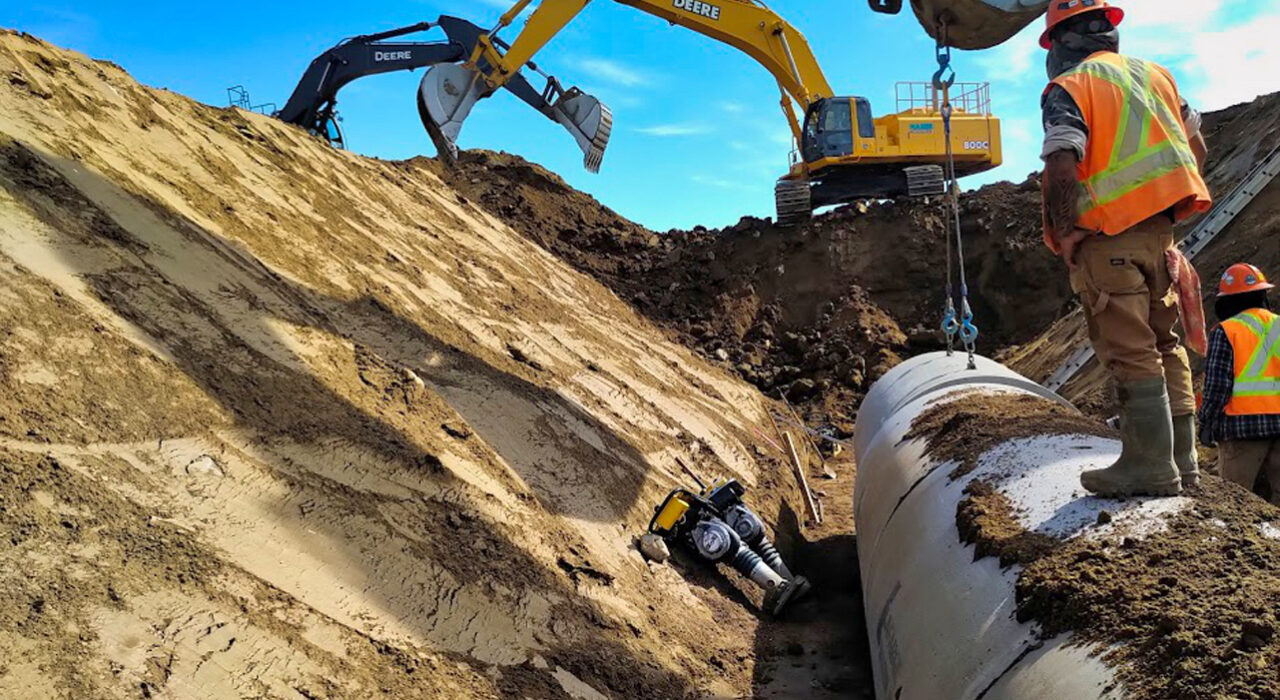
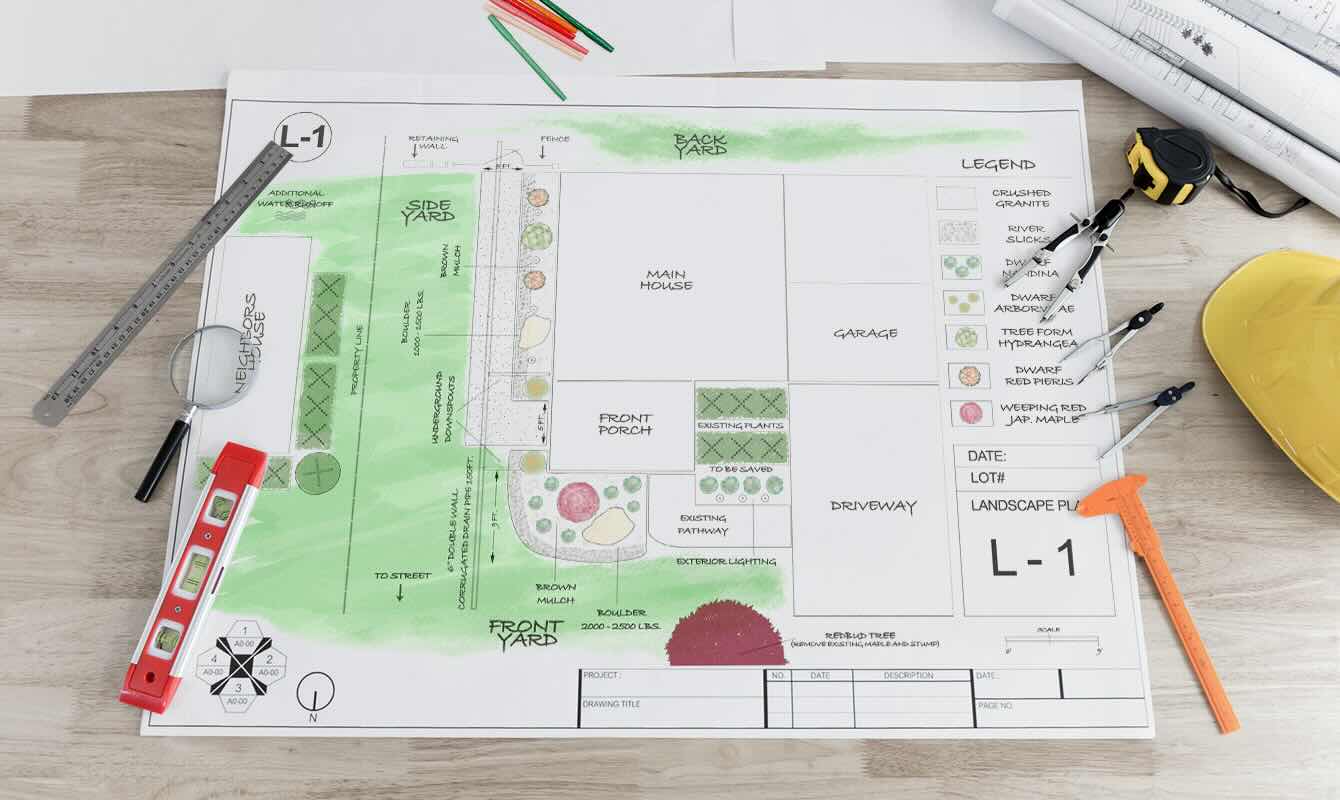

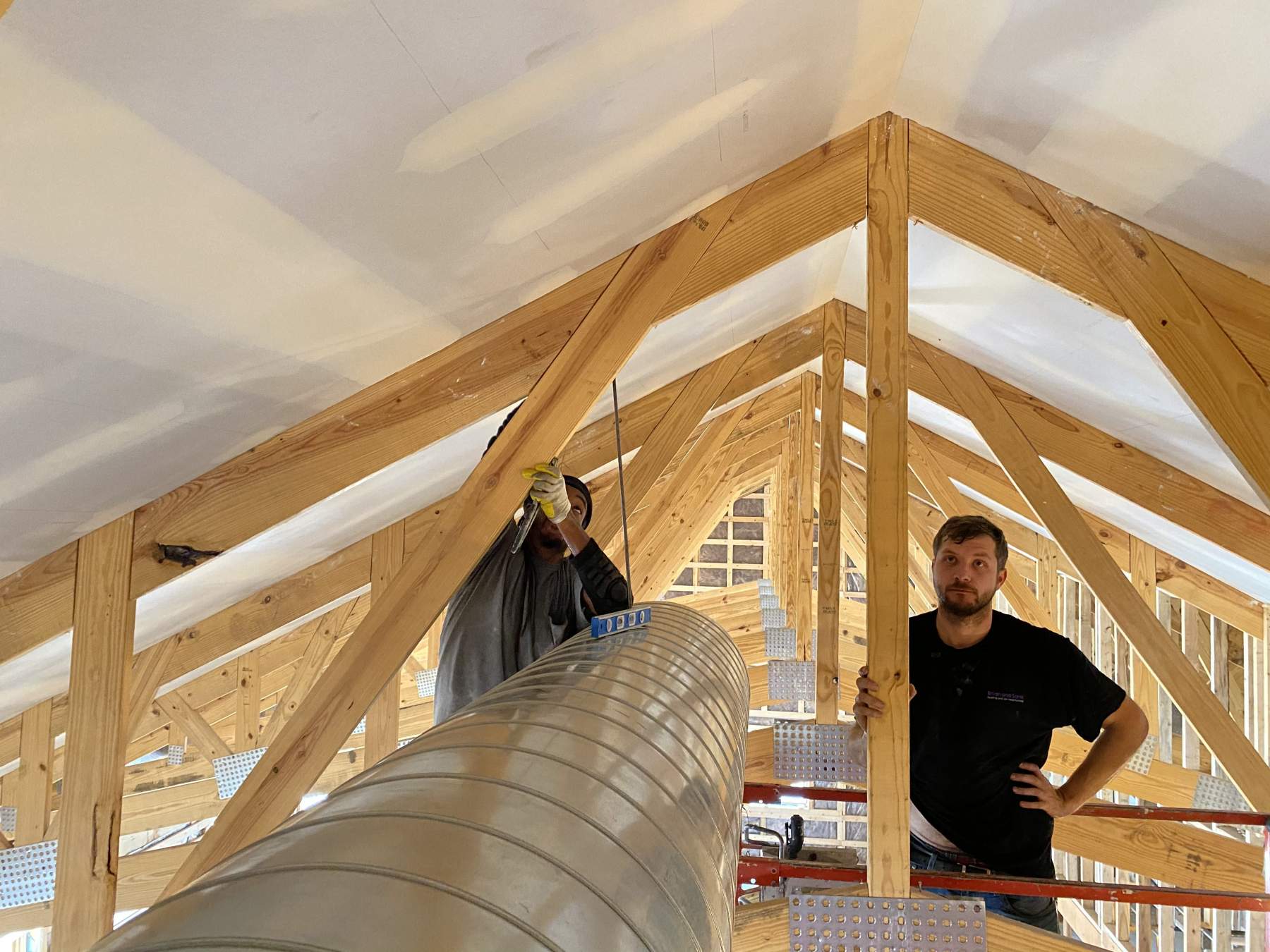
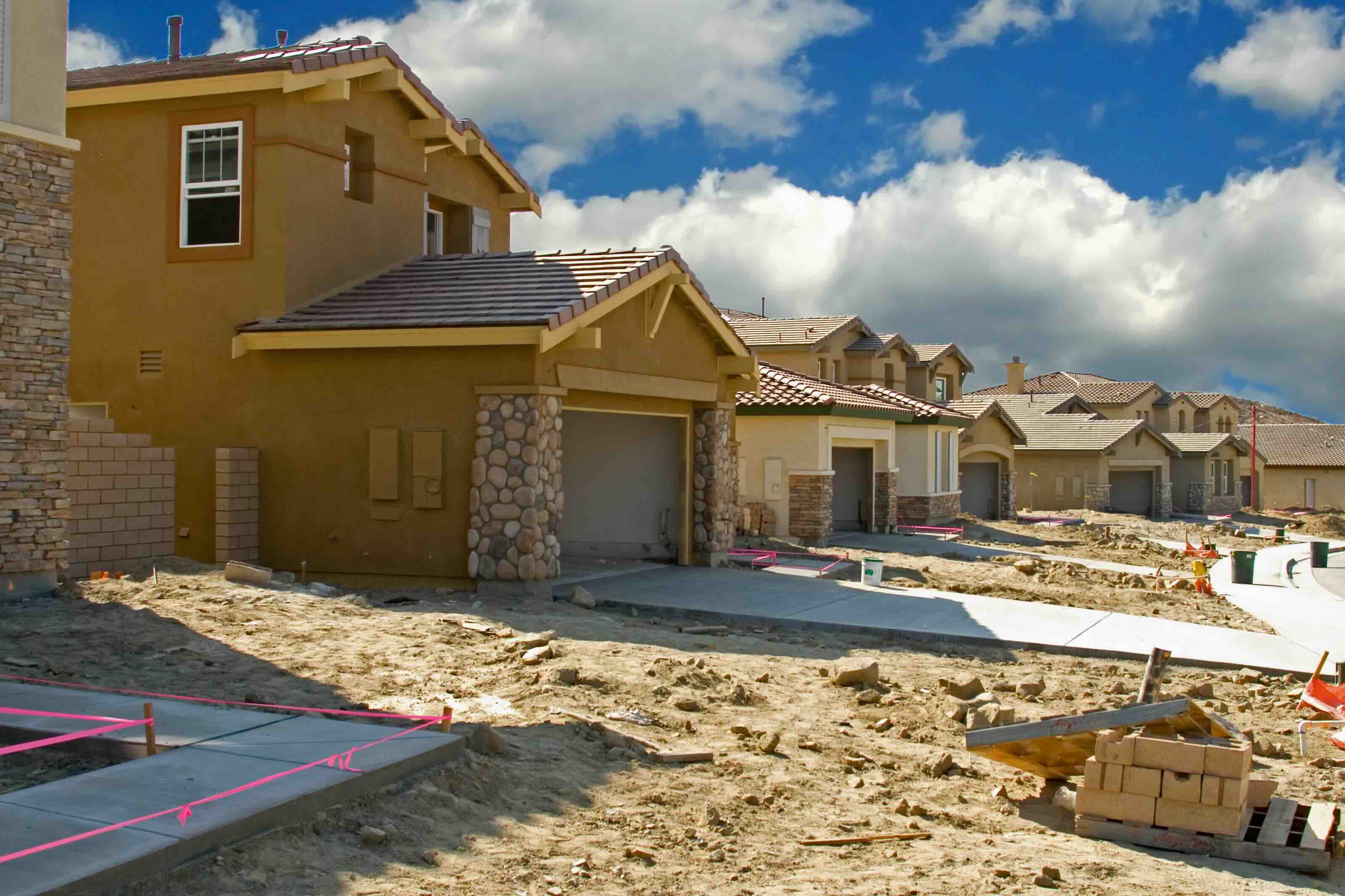




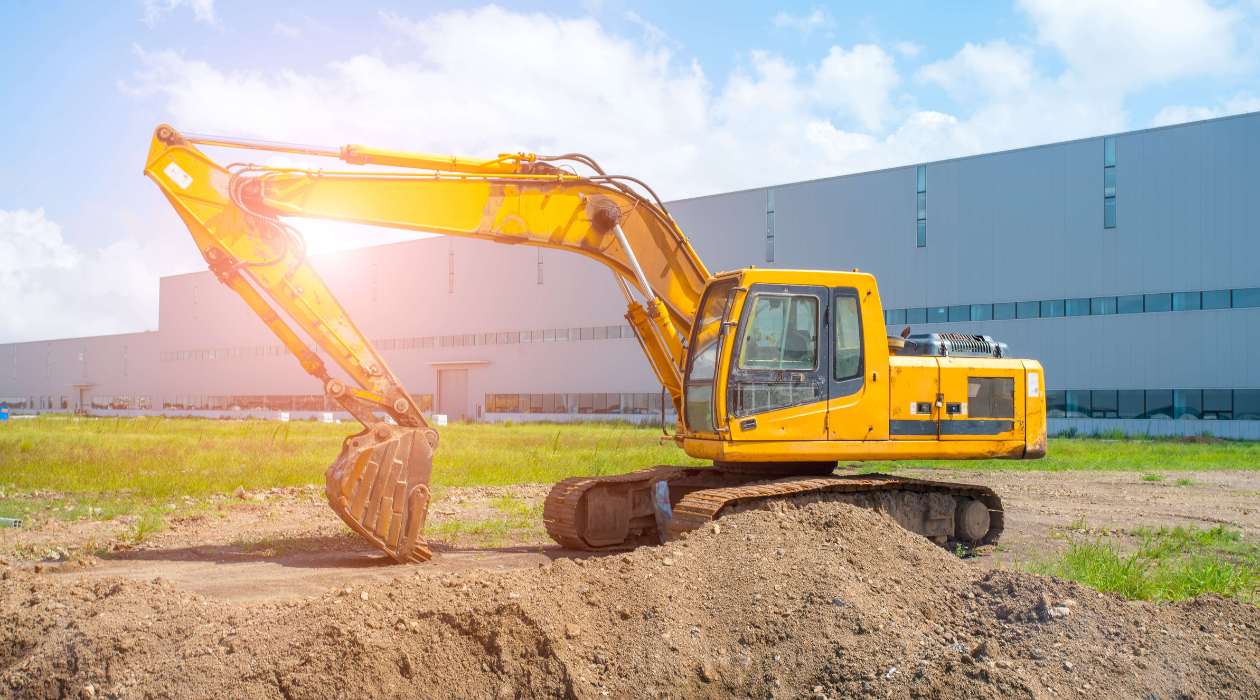
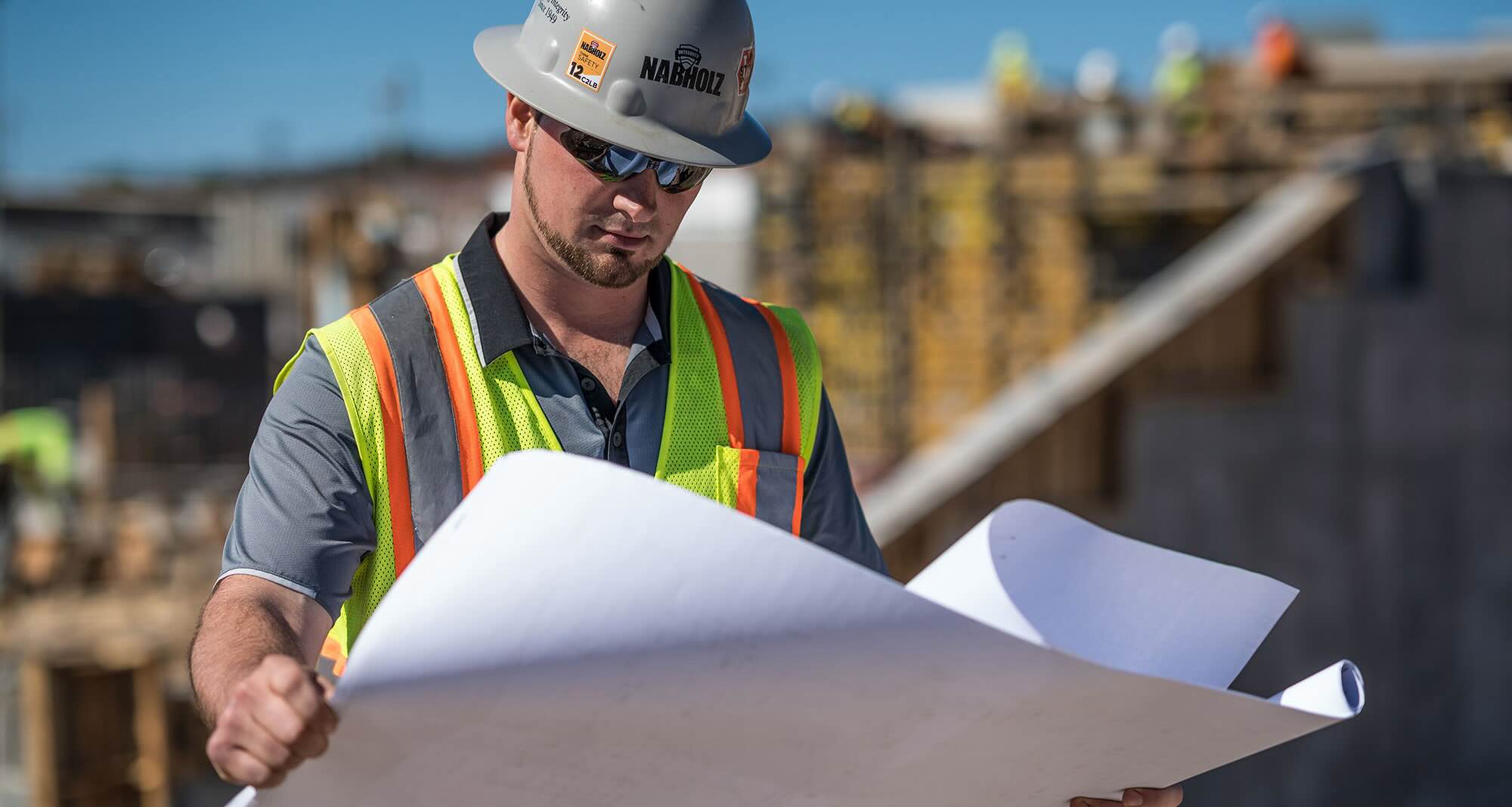


0 thoughts on “Who Sets Closing Date On New Construction”